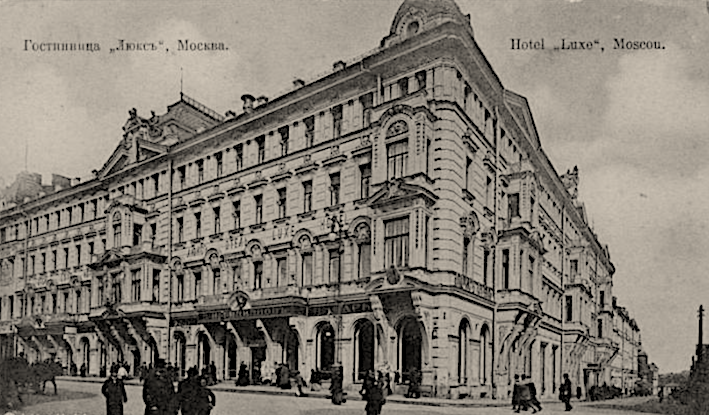Monthly Archives: April 2021
-
Red Dragon
The bourgeoisie reacted physically to Bolshevism. As I have written before, Bolshevism in the British imperial intelligence reports during the most intense phase of the Russian Civil War (1918-20) was often depicted as an alien biological threat. This threat could be a mutating virus and a pandemic, necessarily the harbinger of mass death and with the potential to destroy the world order. The ‘carriers’ were seen as dangerous deviants of various sorts with shifting, multiple racial features.[...] -
THE STORY OF A MUMBAI MILL
For Datta Iswalkar (1949-2021) It was the talk of the townTill they closed it downThe simple reason was, when all had their fillThey terminated the New Great Cotton Mill So what is the problem – you will sayThe way of the world – you will say The workers were not paid their gratuityThey wanted their dues, not your sympathyInstead they had to rely on their wivesThe others, generally speaking, lost their lives Memory is life, and life is strife – you will sayAll this has happened to othe[...] -
बुद्ध और ईश्वर साथ-साथ नहीं रह सकते : राहुल सांकृत्यायन
राहुल सांकृत्यायन की आज 128वीं जयंती है। उन्हें याद करते हैं तो याद आते हैं उनके कथन, उनकी सीख कि “तुम अगर पृथ्वी पर स्वर्ग बना दो तो आकाश का स्वर्ग, ख़ुद ब ख़ुद, ढह जाएगा।” हिंदी के प्रख्यात जनक�[...] -
Moscow 1921: Days and Nights at Hotel Lux
In late December 1920, members of the émigré CPI formed in Tashkent travelled by a slow train to Moscow. It was a luxurious journey. Despite the civil war induced scarcity heating was provided along with comfortable blankets, sheets and pillows. On the way, they talked about socialism and argued over politics in India. In Moscow, the former Muhajir students, Abdul Majid and Shaukat Usmsani, along with A.Q. Khan, an undercover British agent (and a great favourite of the Roy family) stayed at Ho[...]




